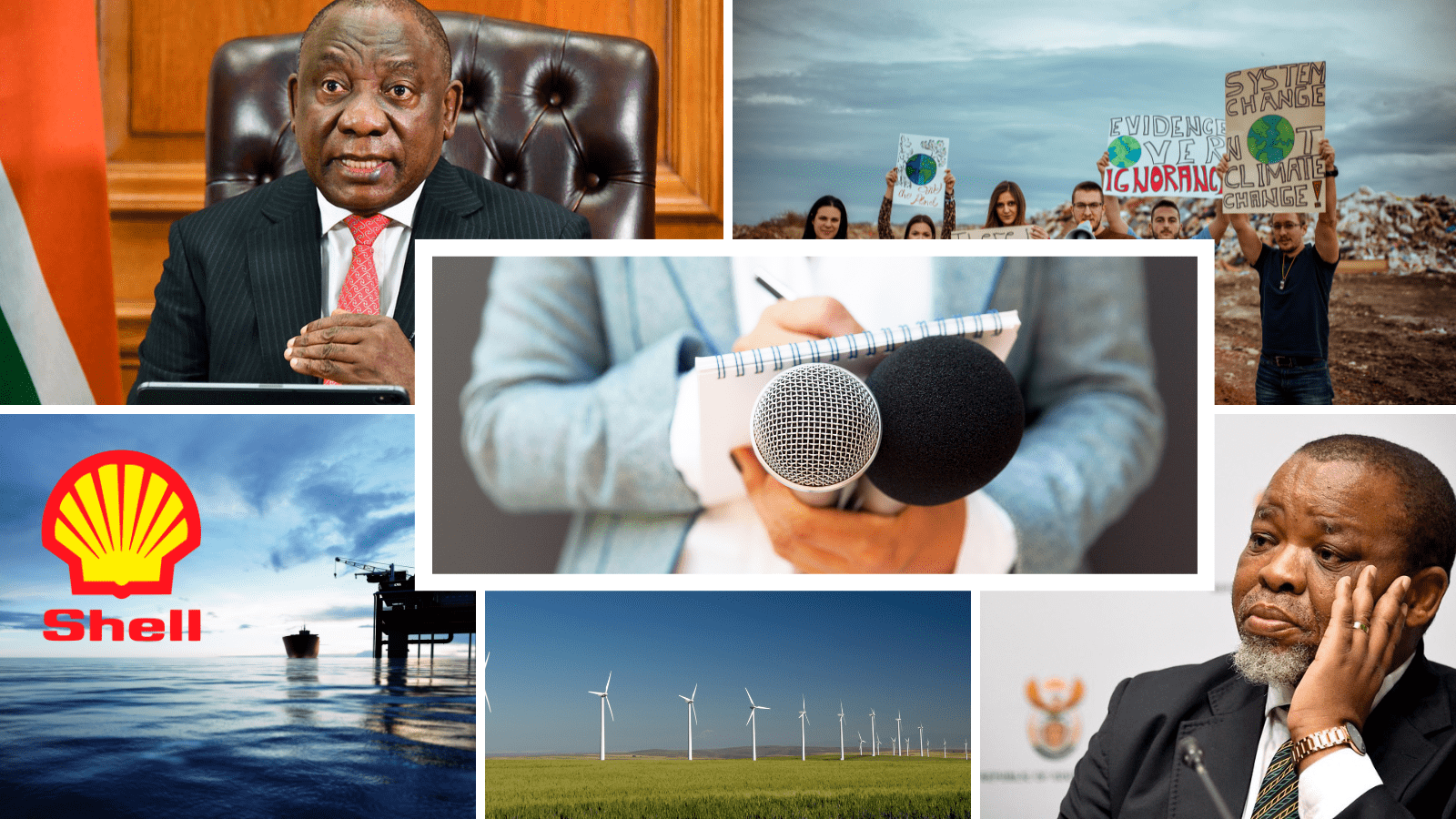The world seems to be experiencing a seismic political shift, as liberal ideals once heralded as the bedrock of democracy are increasingly challenged by the rise of populism. We’ve told you previously how this is happening in Europe.
And the trend is increasingly clear in North America. In Canada, Prime Minister Justin Trudeau’s surprise resignation yesterday signals the waning influence of progressive politics amid rising populism. Across the Atlantic, UK Prime Minister Keir Starmer from the more progressive Labour Party finds himself under fire from none other than tech billionaire Elon Musk. And in the United States, Donald Trump’s legal troubles are being eclipsed by his political resurgence, raising questions about the erosion of liberal norms.
These events may be unfolding oceans away, but they hold valuable lessons for South Africans about the fragility of democracy and what happens when liberal political systems don’t show real gains for ordinary people, leading to disillusioned voters. The rise of the MK Party locally is proof of this larger trend. Let’s unpack three key developments recently and explain why they matter.
- Trudeau steps down amid a political shift in Canada
Justin Trudeau, once the face of progressive optimism in Canadian politics, announced his resignation as prime minister on Monday, signalling the end of his nearly decade-long tenure. Trudeau, who rose to power in 2015 promising “sunny ways” and progressive reform – his government cut Canada’s child poverty in half, and he legalised marijuana. Yet he now leaves amidst plummeting approval ratings and internal party divisions.
“This country deserves a real choice in the next election, and it has become clear to me that if I’m having to fight internal battles, I cannot be the best option in that election,” Trudeau said during a news conference in Ottawa yesterday, explaining his decision to step aside. Parliament will be suspended until 24 March to allow the Liberal Party to regroup and elect a new leader ahead of an anticipated general election in October.
Trudeau’s Liberal Party, long seen as Canada’s “natural governing party,” now faces the formidable task of rebuilding amid growing support for the opposition Conservative Party, led by Pierre Poilievre.
Poilievre’s populist rhetoric, which pledges to “take back control” of Canada’s borders and economy, has resonated with voters frustrated by economic stagnation and perceived government mismanagement. His messaging aligns with the broader wave of right-wing populism gaining traction globally, from Donald Trump in the United States to leaders across Europe.
As Canada heads toward an anticipated election in October, Trudeau’s resignation underscores the waning appeal of centrist politics in a world increasingly drawn to populist alternatives.
As Canada prepares for an election that could redefine its political future, one question looms large: Can the Liberal Party reinvent itself in time, or will Trudeau’s resignation mark the end of an era for liberal politics in a country many see as a lone light of progressive values in an increasingly rightwing world?
- Elon Musk stirs the UK political pot
Meanwhile, homegrown billionaire Elon Musk has injected himself into British politics all the way from the US, taking aim at Prime Minister Keir Starmer and his Labour government.
Over the past week, Musk has unleashed a barrage of allegations and criticisms, accusing Starmer of complicity in historical grooming gang scandals in the UK, a claim widely dismissed as false but nevertheless reigniting public debates around immigration and law enforcement failures.
Musk’s accusations stem from Starmer’s tenure as Director of Public Prosecutions (DPP), alleging that the prime minister was “deeply complicit in the mass rapes in exchange for votes”. Ironically, Starmer was, in fact, responsible for prosecuting the gang in his final year in the prosecutor’s office, the Financial Times reported. However, facts don’t seem to matter as much on Musk’s version of social media, where casual links are enough to smear a figure. As the owner of X (formerly Twitter), Musk wields a platform with immense influence, amplifying divisive rhetoric.
Like populists across the world, Musk’s ongoing crusade against progressive leaders (and those who dare to impose laws that affect his businesses) taps into public grievances over immigration, economic inequality, and cultural identity.
The tech billionaire’s fascination with figures like Tommy Robinson, a far-right agitator currently imprisoned for contempt of court, has made him a hero among Britain’s online far-right community. Musk is calling for extraordinary measures in a country he is not even a citizen of, such as dissolving parliament and holding immediate elections.
For Starmer, the challenge is twofold: maintaining credibility in the face of Musk’s provocations while addressing the underlying issues that fuel populist discontent. What is clear, however, is that the new year has begun with a stark reminder of the precarious state of liberal democracy in an age of digital populism.
- Trump’s legal battles and the erosion of accountability
This time last year, the walls seemed to be closing in on Donald Trump. Four criminal trials loomed, threatening years behind bars, while civil cases carried potential financial penalties running into hundreds of millions of dollars. Fast-forward to today and the picture looks vastly different. Trump’s legal troubles are unravelling in the wake of his 2024 election victory.
Trump’s imminent return to the presidency has led to the dismissal of two federal charges against him: one for attempting to fraudulently overturn the 2020 presidential election and another for illegally retaining classified documents at his Mar-a-Lago estate. We’re not being dramatic, the charges being dropped really IS because he’s about to become president. Special Counsel Jack Smith, who was appointed by Attorney General Merrick Garland to investigate Trump, said that the cases were dismissed due to the Justice Department’s prohibition on prosecuting a sitting president, not the substance of the cases. The charges were dismissed “without prejudice,” meaning they could be refiled once Trump completes his second term as president.
Trump’s opponents argue that this judicial decision undermines the principle that no one is above the law.
Still, Trump’s legal battles are far from over. His sentencing in the New York hush money case is set for January 10, just days before his inauguration.
Lessons for South Africa
As the world watches these unfolding sagas, South Africans might reflect on their own challenges with political populism and accountability. Trudeau’s resignation, Musk’s meddling in UK politics, and Trump’s rise—and the legal quagmire surrounding him—offer a cautionary tale about the fragility of democracy and the resilience of populist leaders in reshaping the political landscape.
The era of liberal politics may not be over, but it’s certainly facing its most significant test yet.
Emma is a freshly graduated Journalist from Stellenbosch University, who also holds an Honours in history. She joined the explain team, eager to provide thorough and truthful information and connect with her generation.
- Emma Solomon
- Emma Solomon




